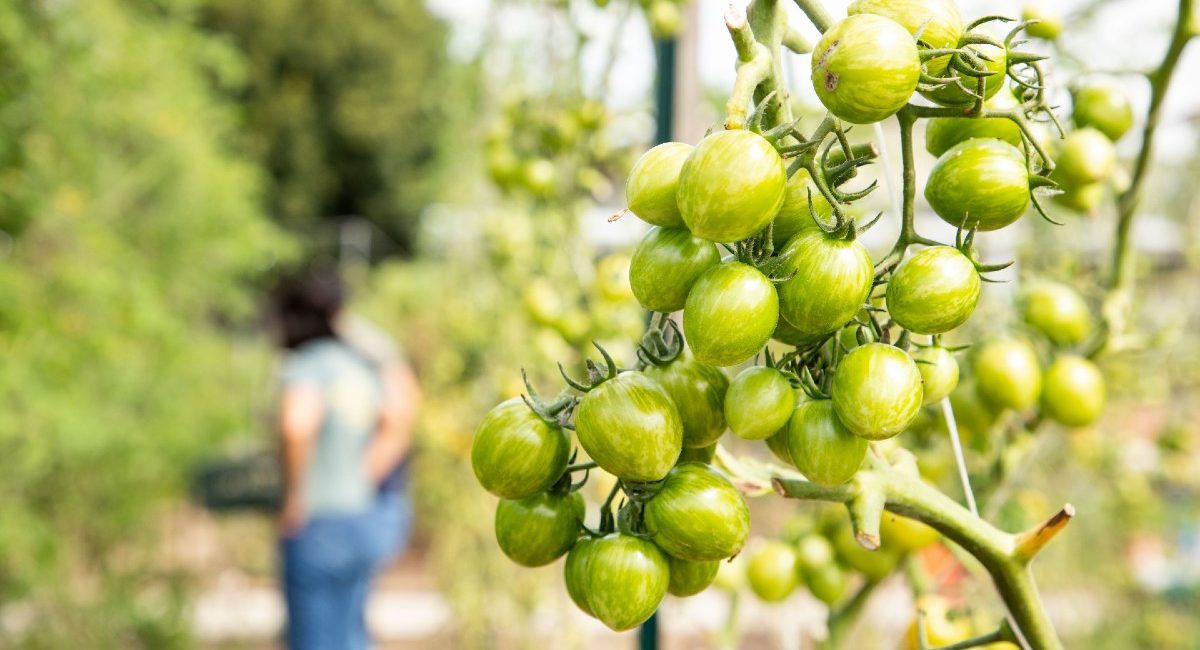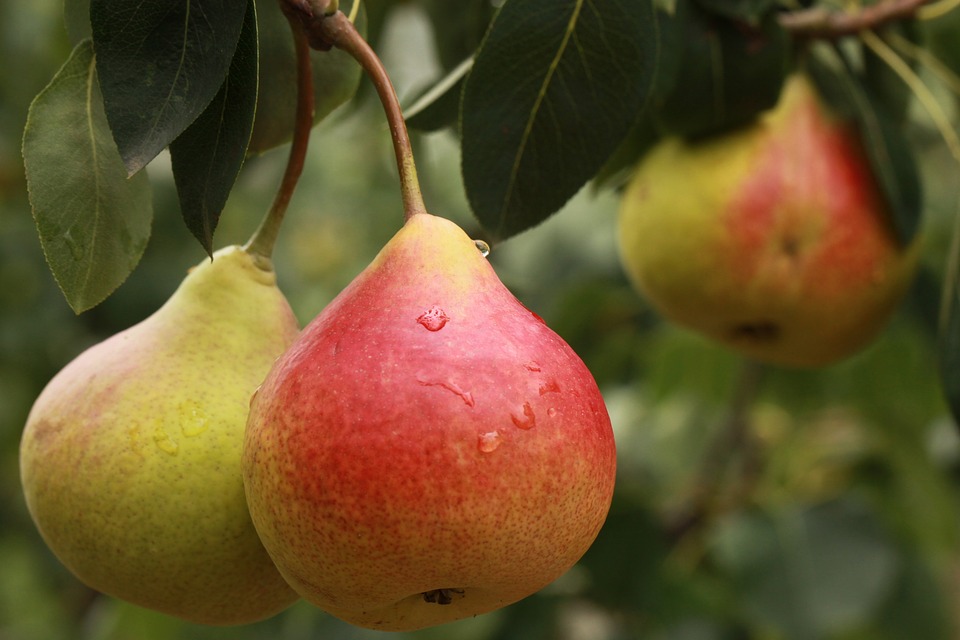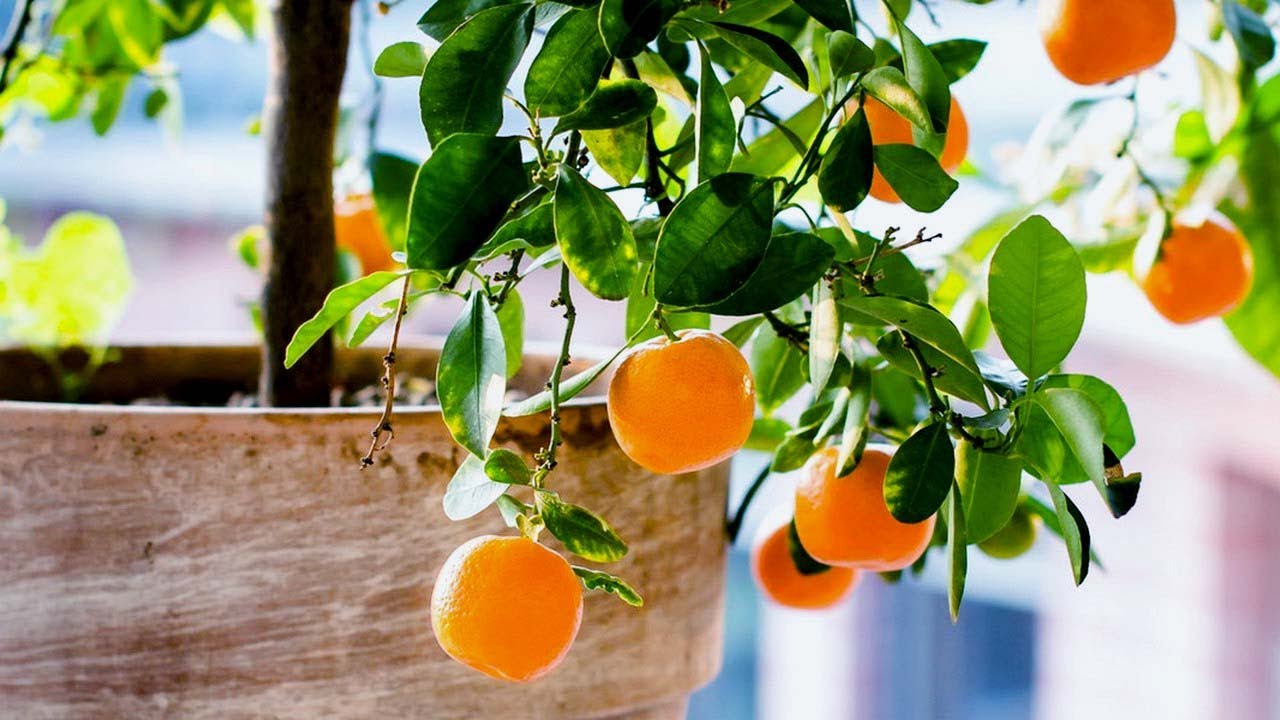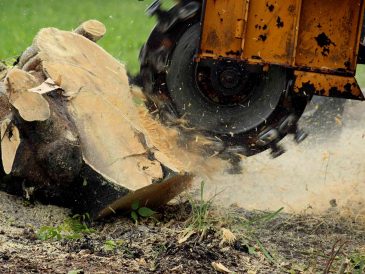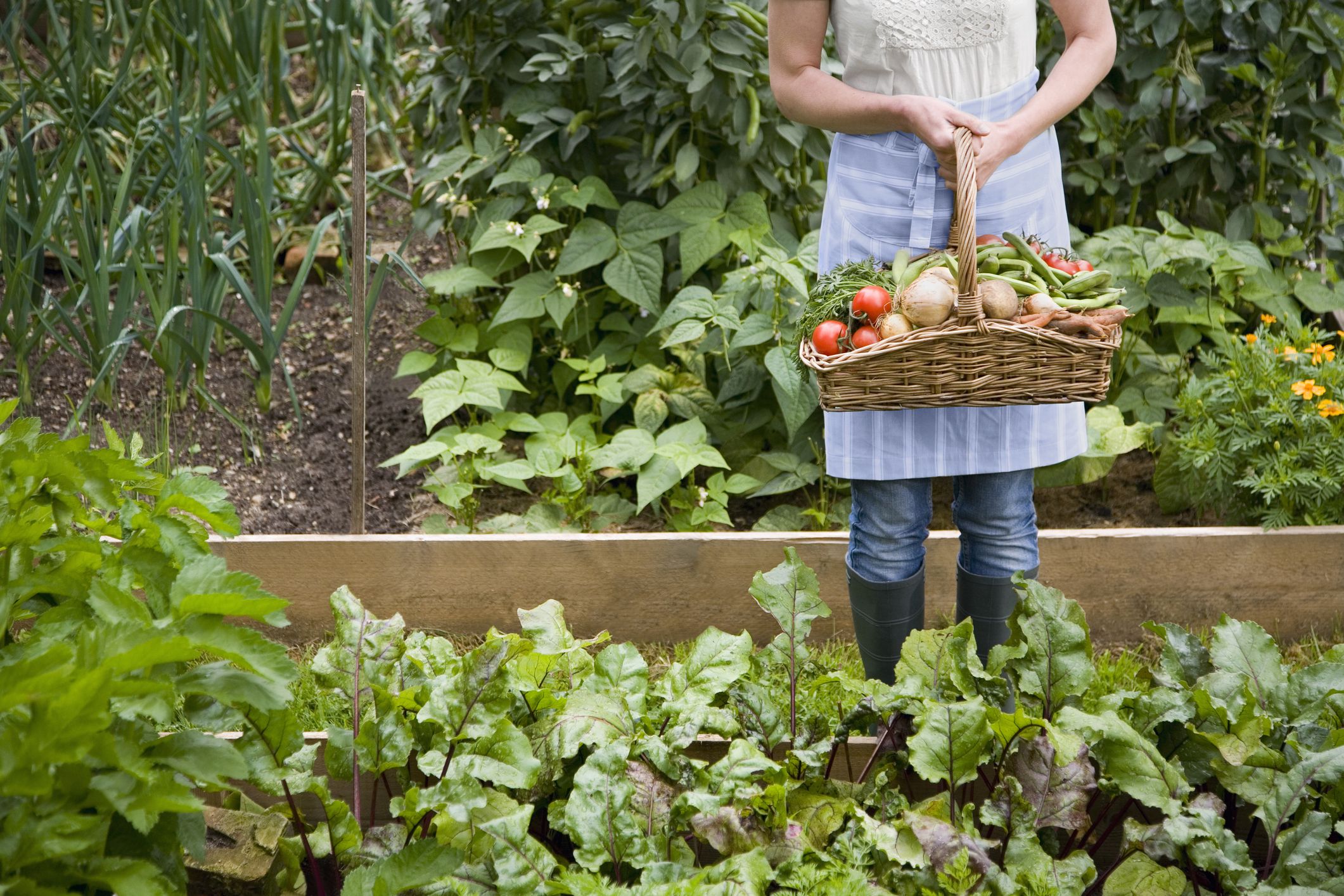Alma, also known as sweet alyssum, is a beautiful and fragrant plant that can add a touch of elegance to any garden. This low-growing annual plant produces clusters of small, sweet-smelling flowers in shades of white, pink, lavender, and purple. In addition to its beauty, Alma is easy to grow, making it a popular choice for gardeners of all skill levels. In this guide, we’ll explore some tips and tricks for growing Alma in your garden.
Choosing a Location
The first step in growing Alma is to choose the right location for your plant. Alma grows best in full sun to partial shade. It prefers well-drained soil and is tolerant of a wide range of soil types, from sandy to clayey. Before planting, prepare the soil by adding organic matter, such as compost or well-rotted manure. This will improve soil structure and provide essential nutrients for your plants.
Planting Alma
Alma can be planted either as seeds or seedlings. If you’re planting seeds, sow them directly into the soil after the last frost date in your area. Plant the seeds about 1/4 inch deep and 4-6 inches apart. If you’re planting seedlings, transplant them into the garden after they have developed a few true leaves. Space the seedlings about 6 inches apart.
Watering and Fertilizing
Alma is a relatively low-maintenance plant when it comes to watering and fertilizing. Water your plants deeply once a week, or more often if the weather is hot and dry. Be careful not to overwater, as this can lead to root rot. Alma does not require a lot of fertilizer, but you can give it a boost by applying a balanced, all-purpose fertilizer once a month.
Pruning and Deadheading
To encourage your Alma plant to bloom all season long, it’s important to deadhead regularly. Deadheading involves removing spent blooms from the plant. This prevents the plant from putting energy into producing seeds and instead directs its energy into producing more flowers. You can deadhead by pinching off the spent blooms with your fingers or by using a pair of scissors or pruning shears. Additionally, pruning your Alma plant can help to keep it tidy and encourage bushier growth. Prune your plant back by about one-third if it begins to look leggy or overgrown.
Pest and Disease Control
Alma is generally a disease-resistant plant, but it can be susceptible to a few common pests, such as aphids and whiteflies. These pests can be controlled by spraying the plant with a mixture of water and dish soap or neem oil. Be sure to spray both the tops and bottoms of the leaves. In addition, keep an eye out for any signs of disease, such as powdery mildew or root rot. If you notice any signs of disease, remove and dispose of the affected plant parts immediately.
Final Thoughts
Caring for your Alma plant is relatively easy, and with just a little bit of effort, you can ensure that it stays healthy and beautiful throughout the growing season. One of the keys to success with Alma is to deadhead regularly. This not only keeps the plant looking tidy but also encourages more flowers to bloom.
Another important aspect of caring for Alma is to keep an eye out for pests and diseases. While Alma is generally disease-resistant, it can still fall prey to common garden pests, such as aphids and whiteflies. These pests can be controlled with regular monitoring and the use of organic or chemical insecticides.
Finally, it’s important to remember that Alma is an annual plant, meaning it will only live for one growing season. However, because it’s so easy to grow, you can simply replant it the following year and enjoy its beauty and fragrance once again.
In conclusion, growing Alma in your garden is a wonderful way to add some color and fragrance to your outdoor space. With its low-maintenance requirements and easy-to-grow nature, Alma is an excellent choice for gardeners of all skill levels. Whether you’re a seasoned gardener or a novice, following the tips outlined in this guide will help you to grow healthy, beautiful Alma plants that will bring joy and delight to your garden all season long.

